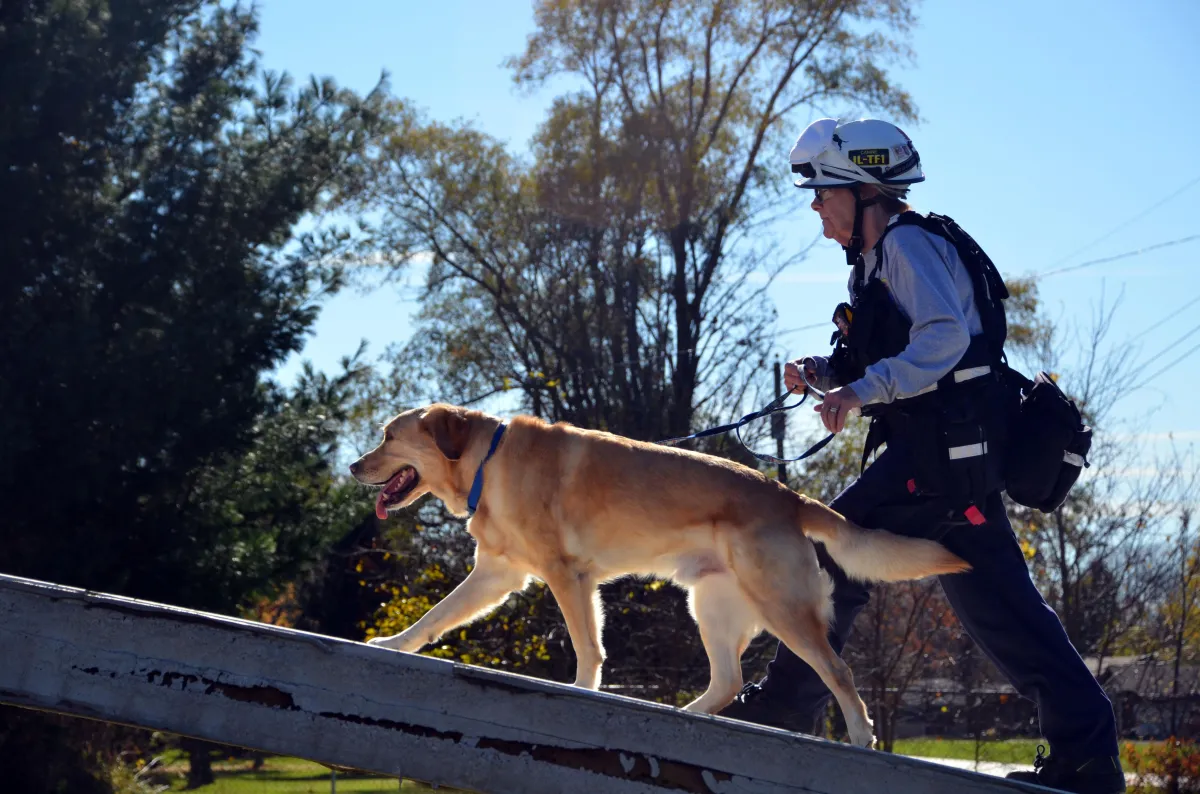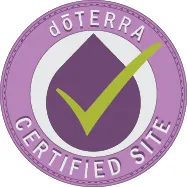Pet & Animal Oil Safety
Using Essential Oils on Pets & Animals
Some DOs and DON'Ts
Do
Always dilute – use a carrier oil like coconut oil, olive oil, etc.
Consistency is key – Better to use small amounts of essential oils and use often as indicated
Dilute all oils but especially “hot” oils (e.g. Clove, OnGuard, and Cinnamon)
For Cats: start with a toothpick dipped into the oil and then diluted in a carrier oil (0.25% – 0.5% dilution)
For Dogs: Start with 1 drop (1 – 2% dilution)
Small Dogs (under 5 lbs) Start with .5% dilution
Think of 100 drops carrier oil and 1 drop EO = 1%
100 drops is about a teaspoon
Less is more – very potent!
5 ml bottle = 100 drops – 1 tsp
10 ml bottle = 200 drops – 2 tsp
30 ml bottle = 600 drops – 6 tsp
Don’t
Do not apply near or in eyes, in ears, nose and be very mindful when applying on feet, paws, hooves, claws etc.
If you would not use the oil for yourself, do not use it on your pet.
Do not use water to dilute the oils except when spraying, This only drives the oil further into the skin. Always use a carrier oil
NEVER put oil down the ear canal or in the eyes of the animal.
potent so do not overwhelm the animal
know your pets health status
do research to use Eos properly
use water diffuser not a nebulizer directly from the EO bottle
allow animal to roam freely if diffusing
use caution around pets that are pregnant, young, nursing and on certain medications
do not use EOs if animal has topical medication – including tick & flea preventative if topical (wait 7 days after applying topical flea and tick medicine because it can enhance the medication)
do not use if animal is using a dermal patch e.g. pain patch
do not give products that contain Zylotol – beadlets, toothpaste, PB Assist Jr and Slim & Sassy gum
only use CPTG oils on your pets to insure quality, consistency and purity
always observe your animals behavior
Most adverse reactions will resolve within 24 to 48 hours
If reaction occurs dilute application area with FCO – NOT WATER
If just applied EO can use dish soap to wash area & rinse off so more is not absorbed
Skin irritation from EO goes away fast – most often redness
For Dogs and Cats:
Dilute for topical use.
Know your pet’s health status.
Do NOT use oils on or near eyes, ears, nose, or genitals of your pet.
Use a water diffuser for aromatic use and allow your pet to roam freely with an open door to the room.
Caution should be used around animals that are pregnant, nursing, young, or on certain medications.
Do not use oils topically on your pet if using a topical medication or dermal patch – this includes topical flea/ tick preventatives.
Do not give any of the products containing xylitol (toothpaste, beadlets, etc.) to your pet.
Only use Therapeutic Grade Essential Oils.
Observe your pet’s behavior.
In the event of an adverse reaction, dilute with a carrier oil – skin irritation is the most common, and most reactions resolve within 24–48 hours after oil exposure. Discontinue use of an oil if your pet shows signs of distress, drooling, squinting, rubbing their face, vocalization, shaking, vomiting, or diarrhea.
For Horses, Cattle, and Goats:
Only use Certified Pure Tested Grade Essential Oils.
Know your horse’s health status and the medications and supplements they are currently taking.
Do NOT use oils on or near eyes, ears, nose, or genitals of your horse.
Use Caution with topical application of “hot” oils such as Oregano, Thyme, Clove, Cassia, and Cinnamon – dilution may be needed for these oils.
Do NOT use water to dilute an essential oil that you’ve already applied. Rather, dilute with a carrier oil, like vegetable oil or fractionated coconut oil.
Do not apply oils after bathing while the horse is still wet.
Do not use essential oils at the same time as another topical medication, including dermal patches.
Do not panic if your horse has skin irritation or an adverse reaction. Immediately dilute the area with a carrier oil – most of these resolve within a few hours with dilution.
Do NOT apply oils to the saddle area prior to riding.
Caution should be used around animals that are pregnant, nursing, young, or on certain medications.
Oils to avoid during pregnancy: Arborvitae, Basil, Birch, Cassia, Cinnamon, Rosemary, Thyme, Wintergreen.
Observe your horse’s behavior when using or applying essential oils.
In the event of an adverse reaction, dilute with a carrier oil – skin irritation is the most common, and most reactions resolve within 24–48 hours after oil exposure.
Dilute, Dilute, Dilute
This is VERY important for dogs and small animals!!!
Start out with your oils MORE diluted when introducing Essential Oils topically to your pet.
You can use carrier oils such as Fractionated Coconut Oil, Extra Virgin Olive Oil, Almond Oil, etc. to dilute your essential oil.
You can always increase the concentration if the desired effect is not reached, but it is difficult to remove an Essential Oil once it has already been absorbed.
Remember, each animal is an individual and your pet may be more or less sensitive than others. Observe their behavior – they will tell you!
Did I mention… Dilute!!!
Oils to Avoid with Cats
Oils to avoid topically and internally with cats: Basil, Citrus Oils (Bergamot, Grapefruit, Lemon, Lime, Orange, Tangerine), Birch, Cinnamon, Clove, Dill, Fennel, Melaleuca (Tea Tree), Oregano, Peppermint, Thyme, Rosemary, Spearmint, and Wintergreen.
Oils to Avoid with Dogs
Oils to avoid topically and internally with dogs: Birch, Melaleuca (Tea Tree), and Wintergreen. Use caution with hot oils such as Oregano, Cassia, Cinnamon, Clove, Rosemary, and Thyme.
To learn more about the science of essential oils visit dōTERRA Science.
Disclaimer: These statements have not been evaluated by the Food and Drug Administration. This product is not intended to diagnose, treat, cure, or prevent disease. The information on this page and provided by Green Dog Essentials and Raine Ray is for informational purposes only. The information provided does not replace medical advice given to you by your veterinarian or doctor. If an animal (or human) you know has a medical health condition I encourage you to contact a health care professional.

Copyright ©2024 - Raine Ray Green Dog Essentials



